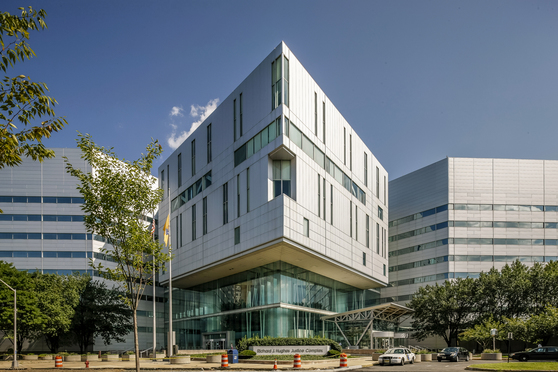An extraordinary event in the history of the New Jersey bar occurred in November. The Supreme Court reinstated Michael Luciano, who had been disbarred in May 2014 for “the knowing misappropriation of client funds.” The 2016 order of reinstatement recites the respondent’s motion for reconsideration, the remand to a special ethics master for consideration of the defense that the funds in question had been a gift to the respondent, and the fact that the Disciplinary Review Board accepted the findings of the special master regarding the respondent’s credibility and found, “in the aggregate, the record lacks clear and convincing evidence that respondent knowingly misappropriated client funds.” Luciano was immediately reinstated to practice.
Many states permit disbarred attorneys to seek reinstatement after five years or some other period. This case neither suggested nor considered such a rule, nor does it establish a post-conviction relief procedure in misappropriation cases or more generally. And it doesn’t question the per se disbarment rule of In re Wilson in the case of a knowing misappropriation.
This content has been archived. It is available through our partners, LexisNexis® and Bloomberg Law.
To view this content, please continue to their sites.
Not a Lexis Subscriber?
Subscribe Now
Not a Bloomberg Law Subscriber?
Subscribe Now
LexisNexis® and Bloomberg Law are third party online distributors of the broad collection of current and archived versions of ALM's legal news publications. LexisNexis® and Bloomberg Law customers are able to access and use ALM's content, including content from the National Law Journal, The American Lawyer, Legaltech News, The New York Law Journal, and Corporate Counsel, as well as other sources of legal information.
For questions call 1-877-256-2472 or contact us at [email protected]



